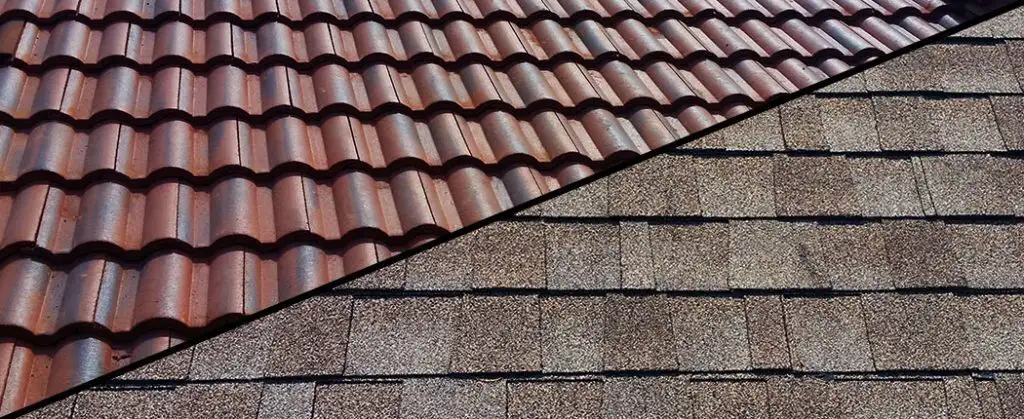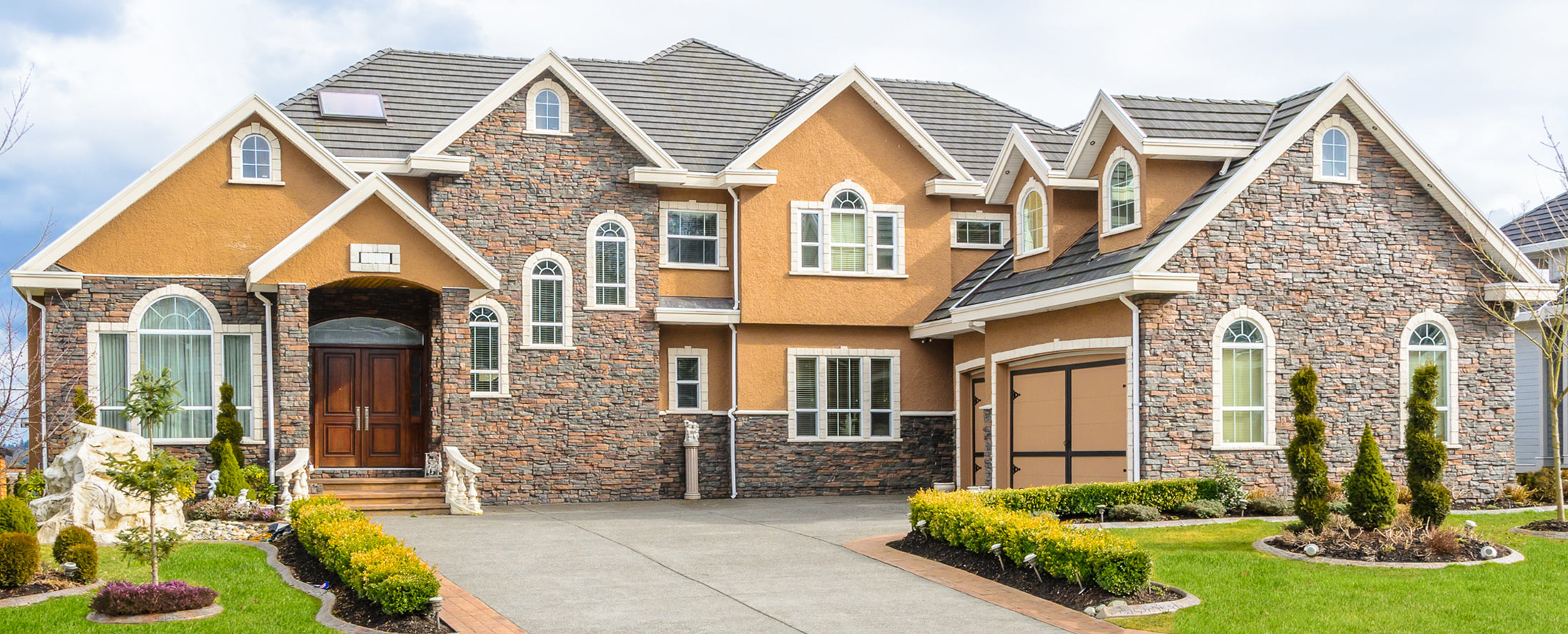Choosing the right roofing material for your commercial property is one of the most important decisions. Not only will it affect how your building will look, but also how long it will survive and at what energy efficiency. Among the two very important alternatives stand concrete tile and shingle roofs, each offering unique sets of advantages and drawbacks that make a well-informed choice highly required.
Durability:
Concrete tiles are very durable and can often survive more than a hundred years of life facing the strongest winds, heavy rain, and even hail storms. The roofs made of shingles have life expectancy ranging between 15 to 30 years depending on the material used: asphalt, fiberglass, or wood. They are also more prone to damage during extreme weather outbreaks.
Beauty:
Concrete tiles are very detailed and personalized in their appearance because they come in so many different styles, shapes, and colors. It’s by no means out of the ordinary for these materials to closely resemble their counterparts in roofing-slate or clay-that evoke an ageless sophistication. Shingle roofs tend to be a lot more consistent with their color and lie flat, generally speaking.
Weight and Installation:
Concrete tiles weigh a lot, a lot heavier than shingles. Because of this weight, it demands a stronger structure in the roof. This can mean some extra reinforcing costs when you put them up. Shingle roofs obviously weigh much less and can be installed on most kinds of roofs. Both concrete tile and shingle roofs certainly demand professional installation to make sure it is installed in a way that makes it watertight and long-lasting. According to Clean Roofing, with proper installation, a shingle roof can perform best for 30 years and sometimes more.
Maintenance:
Concrete tiles require little maintenance throughout their lives. In fact, they are resistant to rot, fire, and even insects. Of course, there may be a few scattered cleanings that will be required so that debris will not accumulate, but overall, the concrete tiles do an excellent job during storms and without replacement over considerable periods of time. Shingle roofs prove somewhat less durable and can involve more frequent maintenance, possibly by replacing shattered or lost shingles following particularly violent events in weather .
Energy Efficiency:
They have better thermal mass, and this goes a long way in regulating indoor temperatures. In cold weather, they are known to slowly radiate heat, and it can also provide cooling during the summer by slowly absorbing heat. Shingle roofs provide some level of insulation depending on their material, but they may not be that effective compared to concrete tiles.
Cost:
The upfront cost of concrete tiles is higher compared to the upfront costs associated with shingle roofs, but their great durability means their replacement costs are much lower. Conversely, shingle roofs are cheaper to put upfront, but they need to be replaced more often hence potentially being costly over the lifetime of your commercial building. Clean Roofing has a number of choices that would custom-fit a very wide array of budgets, including GAF, CertainTeed, and Owens Corning.
Conclusion:
Ultimately, both concrete tile and shingle roofs are viable options, and your priorities and budget will decide between them. Perhaps durability over the very long term, a particular aesthetic look, and energy efficiency would most importantly point you toward concrete tile as a perfect fit for your needs. Clean Roofing is a trusted roofing contractor with years of experience in both concrete tile and shingle roof installation and repairs. They should be able to help evaluate your specific needs and give the best recommendations on the right roofing solution for your commercial property. Clean Roofing is certified in various certifications that show its commitment to excellence, including GAF Master Elite™ certification, GAF Certified Green Roofer™ certification, and certified installer for CertainTeed and Owens Corning.




 888-336-2115
888-336-2115


